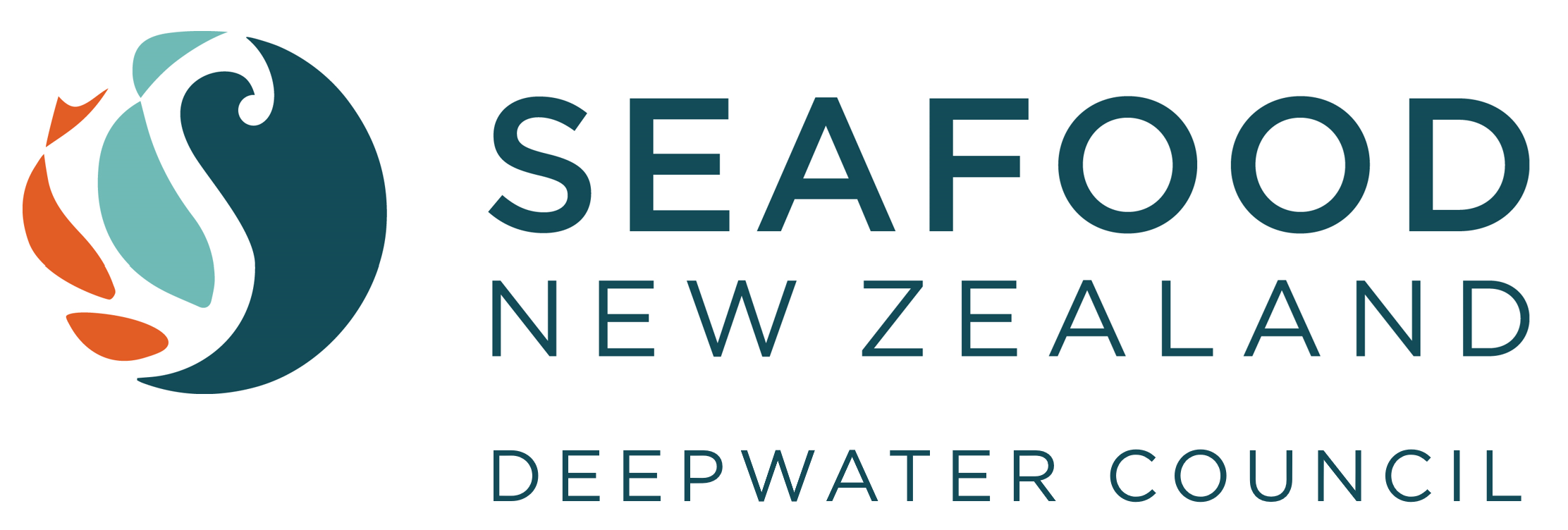Uranium in phosphate nodules that Chatham Rock Phosphate intends to mine could threaten New Zealand's nuclear-free reputation, the seafood industry has told the Government.
But the Golden Bay-based miner says the uranium is "incidental" and Conservation Minister Nick Smith agrees, saying it is a side issue.
Deepwater Group chairman Chris Horton wrote to Smith and the ministers of energy and resources and primary industries last week, raising the nuclear spectre.
The group, which represents the three biggest quota holders Sealord, Talley's and Sanford, has made a strong submission against CRP's application to the Environmental Protection Authority for a marine consent to suction-mine on the Chatham Rise, 450 kilometres east of Christchurch.
It wants the area protected as a nursery for species such as hoki, the backbone of New Zealand's fish exports.
The uranium claims are a fresh attack. Horton's letter, dated July 4, says the issue came to light on reviewing CRP's application, and that it is potentially very damaging to New Zealand's reputation as a nuclear-free country "and a ‘clean-green' producer of high-quality and safe agricultural and marine food products".
"It is now evident that uranium exists in commercial quantities within the phosphate deposits on the Chatham Rise," Horton wrote.
The Deepwater Group believed CRP would accordingly require a mining permit for uranium.
The letter warns that the existence of the uranium is on the public record and will "likely become an issue of political importance over the next few months".
It asks for "urgent discussion" with the ministers.
In a report forming part of the CRP application, global mining consultancy Golder Associates says that although concentrations of uranium are elevated in the Chatham Rise phosphate nodules, "the nodules do not contain sufficient uranium to classify as radioactive substances".
It says uranium from the Chatham Rise "does not present a radioactive hazard".
But in its own "overview", separate to Horton's letter, the Deepwater Group says it has independent advice from uranium mining experts leading it to conclude that given the right price and expected market demand, "uranium within the Chatham Rise rock phosphate has the potential to be a recoverable commercial resource".
Smith told the Nelson Mail that he was willing to meet the Deepwater Group but the uranium concentrations were "very small" and did not alarm him.
"The moment you mention uranium you can get an over-reaction, despite there are many parts of New Zealand where there are trace records of the element."
He would be worried if the fishing industry chose to "excessively focus" on uranium, which his advice said wasn't in commercial quantities and was a minor consideration among the broader issues.
"What's more, when there are many areas where uranium is available in countries like Australia in far more accessible places, it's highly unlikely that anybody would be attempting to commercially recover it from a far more complex mining operation."
Smith said the EPA's inquiry process provided a very robust framework to ensure New Zealand's environment was protected.
"The public can have confidence in this process, noting that most recently the application for a less controversial ironsand mine off the west coast of the North Island was declined because the EPA chose to take a cautious approach."
From London, where she and CRP managing director Chris Castle are on business, corporate affairs director Linda Sanders said traces of uranium were found in virtually all rock phosphates and in other things like coal, but the Chatham Rise levels were not significantly different from those of most imported rock phosphate and lower than from certain sources.
"The uranium in our rock phosphate, as with all rock phosphate, is incidental," Sanders said.
"This issue was carefully considered by NZ Petroleum and Minerals regarding the terms of our mining permit after it was raised by a submitter, and it is also dealt with comprehensively in our marine consent application."
CRP already has its mining permit.
About 240 people have made submissions to the EPA on the marine consent application, with hearings due to begin on September 4 and a decision by the end of November.
